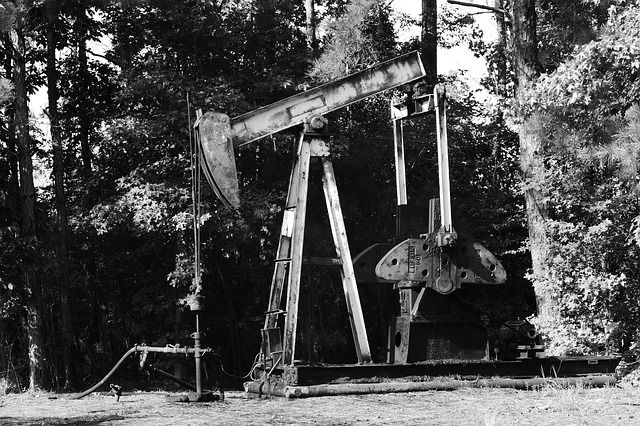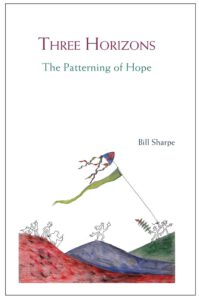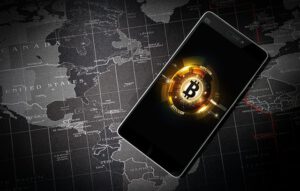In the Dutch specification of the subject of economics, we have identified the concept of ‘exchange over time’. This concept is used to designate transactions where we exchange future consumption with current consumption, which is what we do when we take out a loan to buy for example consumer goods, or the other way around, which is what we do when we save up money.
This is often linked to the human life cycle, where we take out a loan to pay for our studies, which we have to repay later in life, when we – hopefully – have an income high enough to cover that cost too. Or when we save money now, so we can retire later in life and live from the proceeds of our savings.
As economics teachers we try to make students aware of the cost of a loan, which is lower than it used to be, and the disadvantages of having to repay a loan – especially when the object of that loan has already broken down. A couple of years ago, a mother told me about her twenty-something year old son who intended to take out a loan to buy a couch, which to me seemed a very thriftless way to manage one’s finances, especially for an economics teacher in the bud.
But we are only human, aren’t we? And it is human to want instantaneous gratification. It is also human not to look more than a few, if any, years ahead. That is why it is difficult to start saving for your old age when you are twenty-five, or even when you are forty. With so much time ahead of you, who cares? You may be dead before you reach your retirement age.
So, having said this, it is no wonder that we have a hard time looking past the consequences of our current production and consumption patterns.
Climate change, biodiversity loss, peaking non-renewables … they are not news to us. I mean, The Limits to Growth report was published in the 1970s. And now we have reached a time where it is difficult to close our eyes for the consequences of climate change. Although some people still seem to think they can debate its causes.
From the industrialisation era on we had a huge impact on our climate, effectively exchanging future consumption for current consumption without even taking out a loan! This consumerism was linked to the depletion of non-renewable resources. The diagram below shows how many years of fossil fuels are left based on the fossil fuel reserves known in 2015 and the rate of production in that year: With that in mind, you have to subtract 5 years of each bar.
Ironically, a temperature increase might actually improve access to fossil fuel reserves in former permafrost areas, which have not been counted in the diagram above. We may therefore have to add to the number of years in which we can contribute to climate change.
Decades ago, when I worked at a company, we had a help who was very frugal with money. She would save money for a rainy day and would not spend a large amount of money on consumer goods unless she had saved up for it. For me she served as a reminder of my upbringing and the household economics that were in place in our family. And although the social norm seems to be that we can buy anything we want, when we want it – like the son who wanted to buy a couch on credit, there are many normal people like my parents and our help who do not take that for granted.
These are the people who already drive their bikes instead of going by car, because this is how they have been raised. Who only go by car because in the area where they live there is scant public transportation.
When you live in a social construct in which it is normal to take your car everywhere you go, be it to work or to drive to a nearby supermarket, it is likely you will adopt that habit. If, habitually, you drive your car because it is at the ready on the driveway, you may even forget you have a bike, or public transport, in the first place. How to nudge people out of their cars? This is an example of behavioural economics.
When we started to use non-renewable energy sources, we kind of took out a loan. Many people who took out that loan are already dead, and their descendants have to pay to repay it.
The question is: “How are we going to raise awareness about our exchanges over time when we do not suffer the consequences ourselves?” How much do we care about other inhabitants of the earth we do not know, but we do have to share with? How much do we care about future generations, my and your children’s children? This makes for some interesting ethical discussions in the classroom.
In a 21st century economics education this awareness of a larger concept of exchange over time should be part of its fabric. When we are discussing policies to decrease unemployment, improve allocation systems or investment climate, we should ask ourselves: “Are we, through these policies, exchanging over time?”
henny@21steconomics.org – You can also find me on LinkedIn




